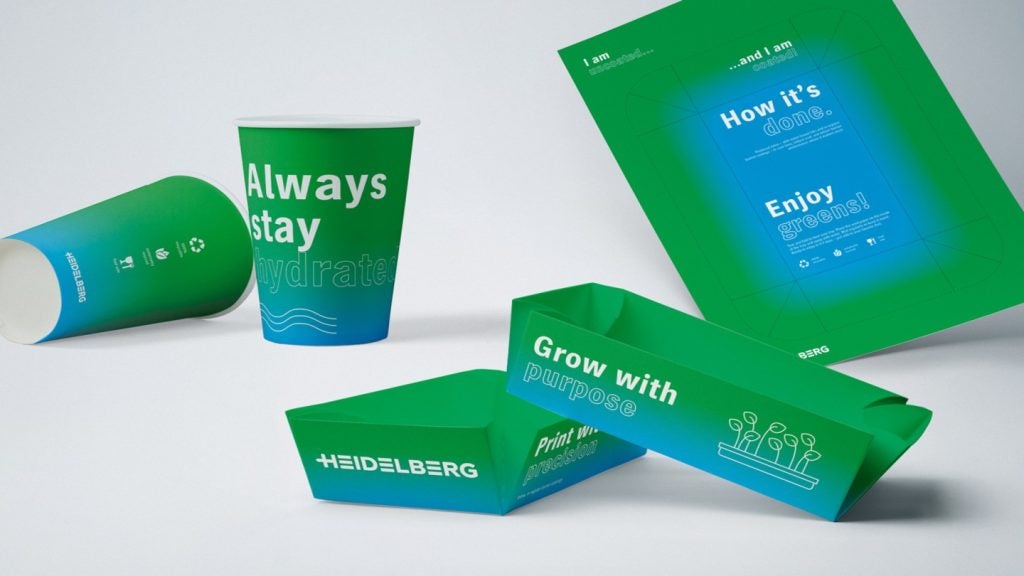The global beauty industry produces more than 120 billion units of packaging every year, much of which ends up in landfill.
In response to mounting pressure, brands have experimented with refill systems and recyclable materials, promising customers that sustainability is now part of their DNA.
But scratch the surface, and the story looks far less convincing. In an industry built on novelty and desirability, many of these initiatives risk being little more than greenwashing.
Refill culture, or just more consumption?
Refills were hailed as a breakthrough: a way to cut single-use plastics and encourage longer product lifecycles. Some schemes work well—aluminium deodorant sticks or glass perfume bottles, for example—but in beauty, the reality is often messier.
The refill capsule, pod or pouch typically comes wrapped in secondary packaging, adding to the very waste it is meant to reduce. For customers, the promise of “sustainable” shopping often translates to buying more, not less.
Brands have also struggled to make refills genuinely universal. A refill pack for one lipstick won’t fit another; a pod designed for one compact won’t slot into a rival brand’s case.
Instead of reducing waste, the system entrenches brand loyalty through proprietary design. Refills become not an environmental measure but another piece of marketing.
Packaging becomes merchandise
At the same time, beauty packaging is increasingly marketed as merchandise in its own right. Sparkly lipstick charms, branded phone cases with slots for gloss, or miniature “toy” versions of cult products are sold as covetable accessories.
Last Christmas, one retailer even offered to adorn lip balms with jewellery-like trinkets, elevating the packaging into a keepsake.
This “lifestyle-ification” of beauty, as analysts have called it, encourages customers to wear packaging publicly, turning them into walking adverts. A lip balm is no longer just a lip balm—it is a charm, a bag clip, a status symbol.
But the side effect is a cascade of additional objects: chains, cases, and pouches designed solely to house the original packaging. Accessories for accessories, layers of branded material that are rarely recyclable.
Beyond the green gloss
For the packaging sector, this raises urgent questions. If beauty packaging is to serve as both product and promotion, how can it be designed with genuine circularity in mind?
Branded charm cases or refill pods might succeed as marketing, but they fail if their end point is landfill.
Biodegradable materials, modular design, and transparent recycling streams are needed to ensure that lifestyle packaging does not accelerate the waste problem.
The beauty industry thrives on transformation, but without real innovation, refill culture risks being another layer of gloss: a green sheen masking a throwaway reality.
If packaging is to evolve from waste to value, the sector must move beyond symbolic gestures and embed sustainability into the very heart of design.











